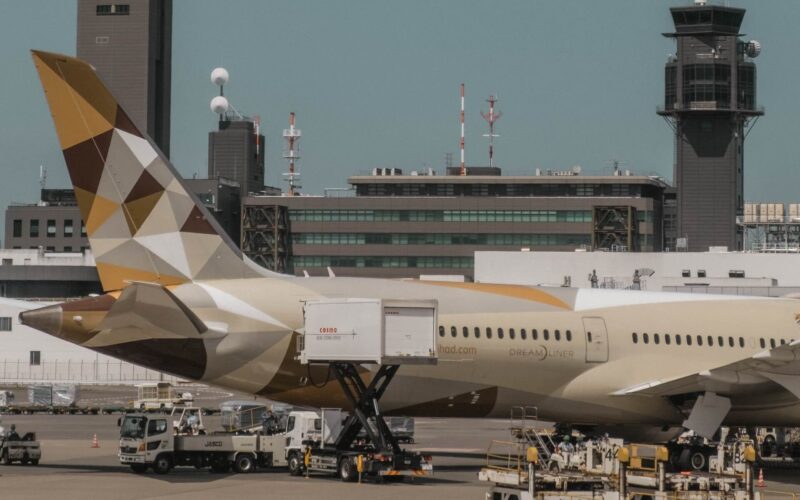The general rule in aviation proclaims: an aircraft is making money when it is flying. But under current circumstances, is it smart to use aircraft grounding time for maintenance in hopes of increasing its usability in the future? MRO industry experts, speaking during AIR Convention Digital Week, agree that this is indeed a smart decision. If you can afford it, that is.
In April 2020, Etihad embarked on what it called the most extensive aircraft maintenance program in its 17 years of operations. The Gulf carrier, which had the majority of its 96 passenger aircraft fleet grounded at the time, wanted to use the inactivity time productively, so it would use aircraft grounding for maintenance before commercial passenger services resumed.
The works on planes ranged from smaller maintenance tasks, such as seat repairs and updates to inflight entertainment systems, to bringing forward scheduled engine changes and modifications on several aircraft. They were carried out by the group’s MRO division Etihad Engineering.
Industry experts, speaking at AIR Convention Digital Week, agree that the COVID-19 crisis and related aircraft groundings provide an opportunity for airlines to send aircraft to maintenance. “Now is a really good time to do maintenance,” says Zilvinas Lapinskas, CEO of FL Technics.
“Before the coronavirus, customers used to have two main questions. The first question was turnaround times (TAT) and the second question was the price. Now, we have a different situation,” explained Lapinskas. As passenger aircraft fleets were largely grounded, TAT became less important, leaving the price as the most important factor.
It also allows aircraft operators to save on costs such as buying new components instead of repairing old ones. “Now we can remove a component, send it to a specialized shop for repairs, and put back the same component,” explains Lapinskas, as aircraft are going nowhere because of the pandemic.
The timing for MRO repairs is especially useful for European operators that were previously affected by strong seasonality in the continent. “In winter, it was impossible to get a slot for base maintenance and in summer hangars stood empty,” explained FL Technics CEO. In summer 2020, operators can still “get a really attractive man-hour price and you can save money on the components, replacement and so on.”
Firefly Airlines is also using the opportunity to utilize its in-house maintenance team and resources to do scheduled maintenance, says Chor Chee Hoe, Head of Maintenance Support Services at the airline. “Since we have in-house MRO capabilities to carry out our base maintenance checks, including C-checks, it is actually a very good opportunity to schedule base maintenance for our grounded aircraft. If the aircraft has less than 30% of remaining flight circles, we consider scheduling earlier base maintenance checks.”
However, currently there are two schools of thought regarding maintenance, noticed Rahul Shah, Senior Vice President of AAR Corp. For airlines that do not have in-house MRO capabilities, a decision to postpone maintenance provides an opportunity to save on cash, rather than spending money on a third-party service, Shah says, adding that “right now cash is the king”.
Watch the full panel discussion here:
AIR Convention Digital Week hosts 30+ global aviation executives discussing how aviation is reshaped by the COVID-19 virus effects and the paths to recovery. Watch the event on aerotime.aero, every day at 2 CET on June 15th – June 19th, 2020.

